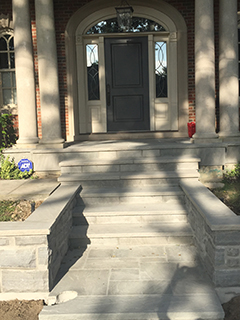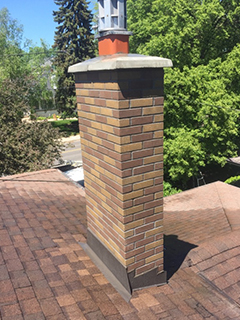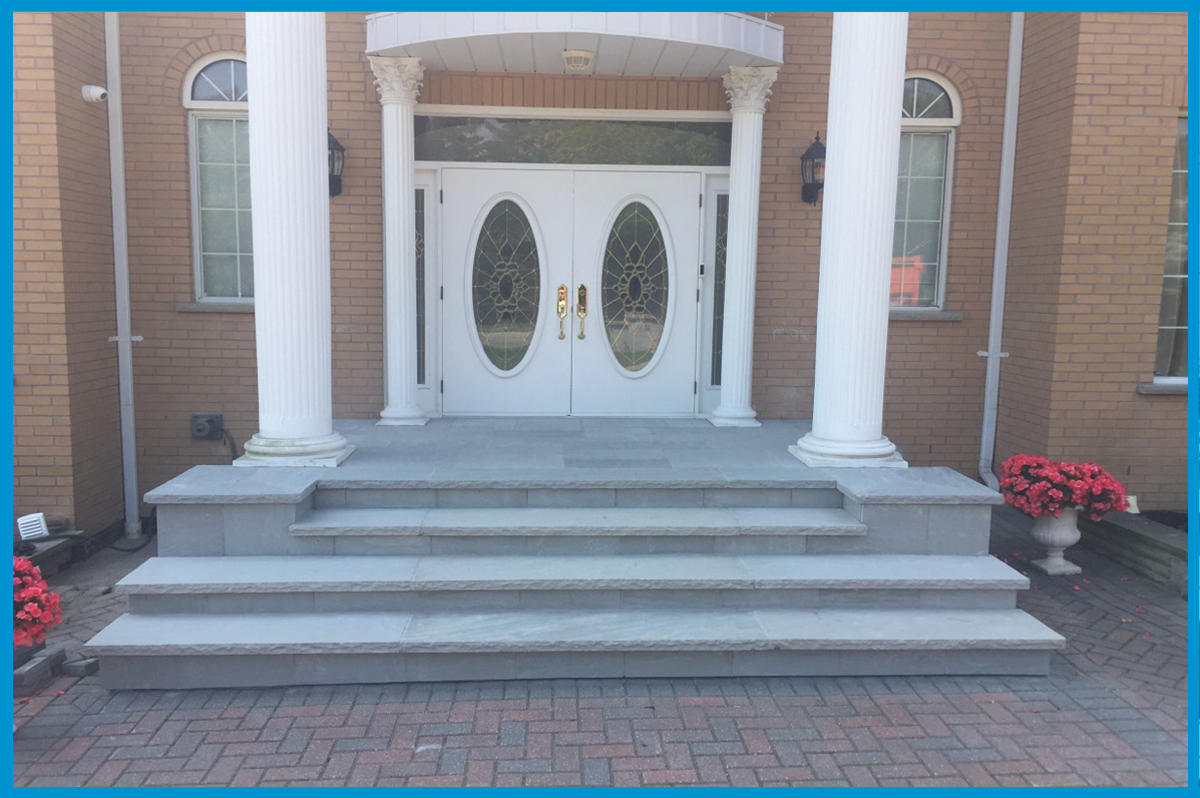20 Questions To Ask Masonry Contractors Before Hiring
Making a successful construction investment of any type involves several details, and asking the right questions.
 Where for example, masonry work is concerned; obtaining answers to the following questions, will put the stakeholders in a confident position to make an intelligent decision, on whom to award a particular project. Such criteria can apply to virtually any trade selection in fact.
Where for example, masonry work is concerned; obtaining answers to the following questions, will put the stakeholders in a confident position to make an intelligent decision, on whom to award a particular project. Such criteria can apply to virtually any trade selection in fact.
Some items may be fairly obvious to some. These will include:
1. Proof of licensing (if applicable to your city jurisdiction)
2. Proof of liability insurance, and with specific endorsements for the type of work being performed. In most instances, a minimum of 2 million dollars of liability insurance should be appropriate where residential projects are concerned. More, if undertaking a large commercial or custom build project. Policies should have wording that covers completed operations and products. Also noteworthy is proof of automobile liability. This can be important if someone is hurt in proximity to, or on your property. Some companies may request that they are specifically endorsed on the contractor’s policy for the duration of the construction contract.
3. In Canada; proof of a current WSIB clearance certificate. This demonstrates that the contractor is paid up to date, and protects the consumer to some degree from liability if a worker is injured on their property. It is the property owner’s requirement to obtain such proof from the contractor.
4. Demonstration of a masonry company having a written health and safety policy.
5. Proof of financial stability in the form of a general letter from the masonry company’s financial institution; which verifies that accounts are being operated satisfactorily. Also, supplier endorsements speak to a contractor’s history of paying their bills. This provides reasonable assurance for the consumer, that they will be protected from the occurrence of liens, or disgruntled workers whom may be left unpaid, and seek payment from the property owner.
6. Having a permanent place of business. ( office, yard, shop, etc)
7. An explanation of who will actually be performing the work. If the work is being sub-contracted; are the workers at the site, having proper endorsements for the protection of the consumer.
8. Experience such as the number of years of continual business.
9. A written statement of the warranty policy, noting what is covered specifically, or excluded specifically.
10. References that are easily verifiable.
11. Photos of completed projects.
12. Details of the work being performed, which should include specific product names, or qualities /specifications being used in the fulfillment of the project. All work details should be noted in writing, and where applicable; actual material samples should be supplied.
13. Proof of a tax number. Contractors accepting cash without actually paying tax represents breaking the law. Home or building owners involved in such practices are also breaking the law. At a minimum, the result is that they have no legal recourse if the project or contractor goes sideways.
All of the items above can interchangeably apply with any construction contractor. Specifically, where a masonry company is concerned; the following questions are highly applicable:
Specifically what type of masonry work does your company specialize in?
1. Stonemasonry involves particular techniques and skills which are not necessarily common to brickwork. Asking to confirm such specific experience if stone masonry is required.
2. Does the masonry company have particular experience with masonry repairs? Such work as tuck-pointing involves blending mortar colours, sourcing matching brick or stone, or can involve the replacement of support components like steel lintels.
3. How will the masonry company execute the work involved in a safe manner? Will scaffold need to be erected for example? Will scaffolding installation require a permit and or engineering drawings? Will containment procedures be necessary for dust or debris control?
4. Do workers have training and certification for fall arrest procedures and equipment, such as rigging and hoisting equipment, and or personal protection devices?
5. Does the masonry company have experience working with natural stone? Such techniques required for constructing dry-stacked fencing and retaining walls, pathways, or patios, require a particular skill set.
6. Are there specific references available for the type of masonry work being performed? Heritage restoration, as an example; involves particular requirements whether involving brick, stone, or pre-cast elements.
Answers to the afore-mentioned questions also provide the consumer with measurable criteria for which to compare bids between competing masonry companies. Exercising due diligence by seeking satisfactory answers to such questions will go a long way to having a smooth masonry work experience.
Too often, the price is the key factor for which consumers base their decision when selecting a masonry contractor. For those that seek the best value, which translates into lower costs, and minimized aggravation over time; obtaining satisfactory answers to the questions noted above, will result in greater dividends.
To learn more; give us a call today at 416-785-5129 or contact us to request a no-obligation consultation.

